Am I Really Unschooling?

What does it mean that a person is unschooling? Am I really unschooling? The definition on Wikipedia says:
Unschooling is an educational method and philosophy that advocates learner-chosen activities as a primary means for learning.
This is a definition that I love:
Unschooling doesn’t mean a “power shift” from parents to kids, regarding their learning. The power to learn or not learn is always ultimately in the hands of the learner, no matter what kind of schooling is done.
Unschooling is dropping the conventions of schooling, eliminating such things as required subjects, reading and writing assignments, and tests, and entirely replacing those with the creation of a stimulating, enriched environment and lots and lots of parental support for kids in pursuing their interests and passions.
I first came across unschooling when I researched different methods of how to homeschool my children. I loved the idea because I knew from my own teaching experience that kids really only learn what they want to learn. If I give control over their learning to my children, then they would learn with joy.
At this time, however, I decided not to pursue the unschooling method because my own need for structure and order got in the way. We spent 3 years using other methods, but my children increasingly withdrew from learning as time went on. I hated to see my children not want to learn.
In January 2016 I decided to take another look at unschooling. The weekend before January 25 I spent countless hours reading unschooling blogs so that I would know what to do come Monday morning. On January 25, 2016, our unschooling experiment began. The first thing I did was to let my children know that I believed that they would learn what they needed to learn and that learning could happen through everything that was around them. I believed that to be true then and I still believe it now. So many times when I “waste time” watching a movie or a tv show a wonderful idea hits my mind. Sometimes it would almost take the “brain deadness” in order to let my brain actually think outside the box.. It allowed me to let go of everything that was on my to do list.
I told my children that there would be no limits on video time and they could play video games as much as they wanted. Needless to say, they both were extremely happy. They started to binge on youtube videos and the new Wii U games that we had just gotten for Christmas.
For a while, I fought with myself constantly. All of the cautions that I heard from the time of my childhood echoed in my brain over and over: “You will rot your brain!” I searched out unschooling websites specifically looking for reassurance that my children were going to learn what they needed to be successful and happy in their lives.
We tried the experiment for a full year, and I could see them learning. However I could not shut off the fear that they would be behind, and they would have huge gaps in their knowledge. As time went on, I was coming to realize that my children were losing their ability to make any choice beyond videos. This one fact was the thing that made me realize that things needed to change. They would watch the same youtube videos over and over again. I could see that they were completely bored, but they didn’t choose to do anything else. They lost all interest in playing outside, and most of the time they had a glazed look on their faces.
In my research trying to find people who said that videos were actually a legitimate educational tool I found these two blog posts by Lori Pickert:
In this post she emphasized the dichotomy between broccoli and candy. You can’t pit video games and reading on opposites sides. Reading is broccoli, video games are candy. Kids will see right through it. Especially since they see their parents zone out on movies and tv at times. Instead, I need to model how to make time for all the good things in life. It is not an either/or situation. There is time for both.
In this post Lori focuses on the knowledge that what her kids consume they also produce. This sounded so good to me. But it also put a little bit of pressure on, because my kids were not producing. Their days were filled with consuming videos but they were not doing anything with it.
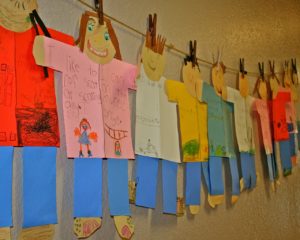
So in February 2017 I rearranged my house to fit into a project based program. I scoured the internet and Lori’s book, “Project Based Homeschooling” to help figure out how to make this work. I automatically assumed that the kids would jump at the chance to make their own projects and learn while they’re doing it. Not so much. Was I supposed to require a certain number of projects in certain subject areas? Did I just let them figure out their own projects? How do I guide them to achieve their own goals?
After a couple of months I decided that this wasn’t working, either. The kids weren’t responding in the way that I wanted them to, they didn’t know what direction to go in, and I had absolutely no idea how to guide them. I became so frustrated. Reading other blogs made it seem so simple, but it wasn’t simple to me.

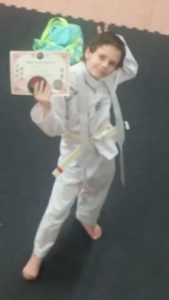
Finally, this past June I decided to go in a different direction. I realized that I did not have to follow anyone else’s directions. I could take what I liked and leave the rest. So I took a list of requirements that I felt that they needed. I then combined that with their goals and made a personalized daily requirement list for each of them. Super Stuffy wants to work toward a black belt in tae kwon do, so practicing his forms is a part of his daily requirement list. Bear Bear wants to write in cursive and learn how to play the piano, so cursive worksheets and piano practice are a part of her list. The three r’s are important as well, so those are also a part of their daily requirements.
We work together to learn and grow, and right now, this is what is working for my family. As we learn, we will make tweaks along the way.
So, am I really unschooling? The other question is, does it really matter what I call it?
I don’t know if any of the unschooling “experts” would call what I do unschooling, but in the end, it doesn’t matter. I have to be able to answer this question – are my children learning? Is what I am doing working for my family? For right now, yes. Does that mean that I can’t change later if I need to? Not at all. We all change and grow, and our methods need to grow along with us.
Maybe there is a foolproof way to teach my children. Some formula that will make it easy to get the results that I want. But I don’t think so, and when I think about it I don’t know if I would want an easy answer. I am unique, my children are unique, and if there was some simple formula that I could plug into to get the perfect children, my life would not be as exciting as it has been. The journey to raising children is messy, complicated, and sometimes frustrating, but in the end I wouldn’t want it any other way.
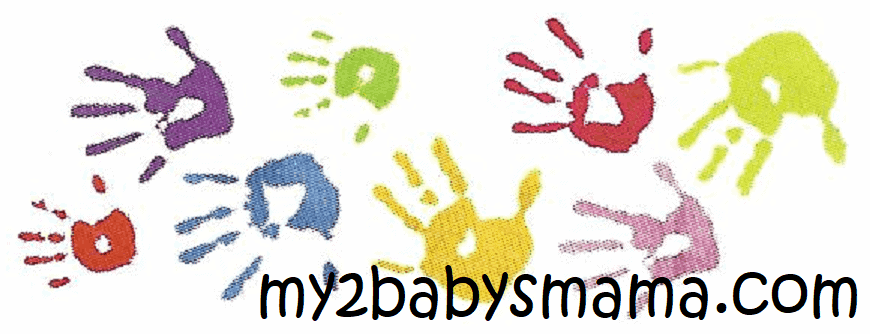


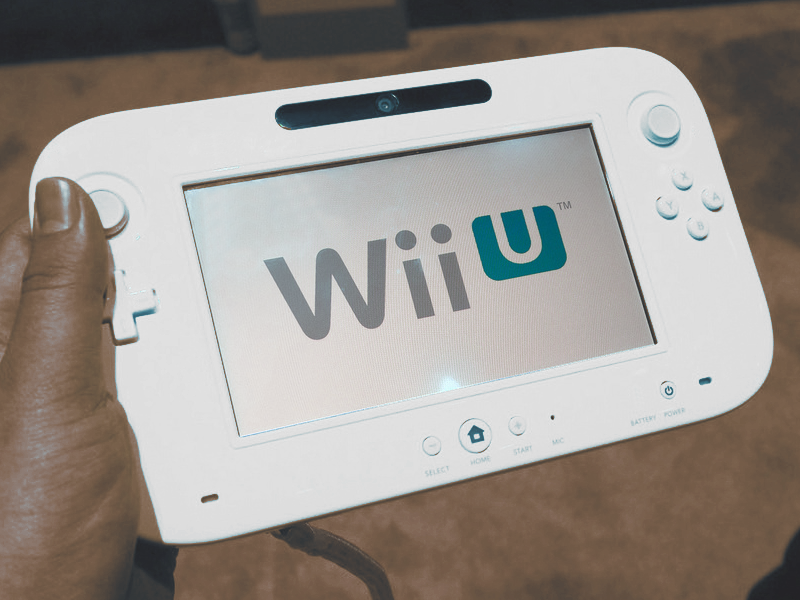

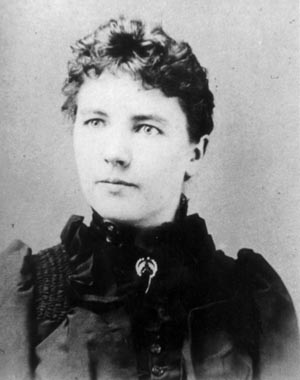


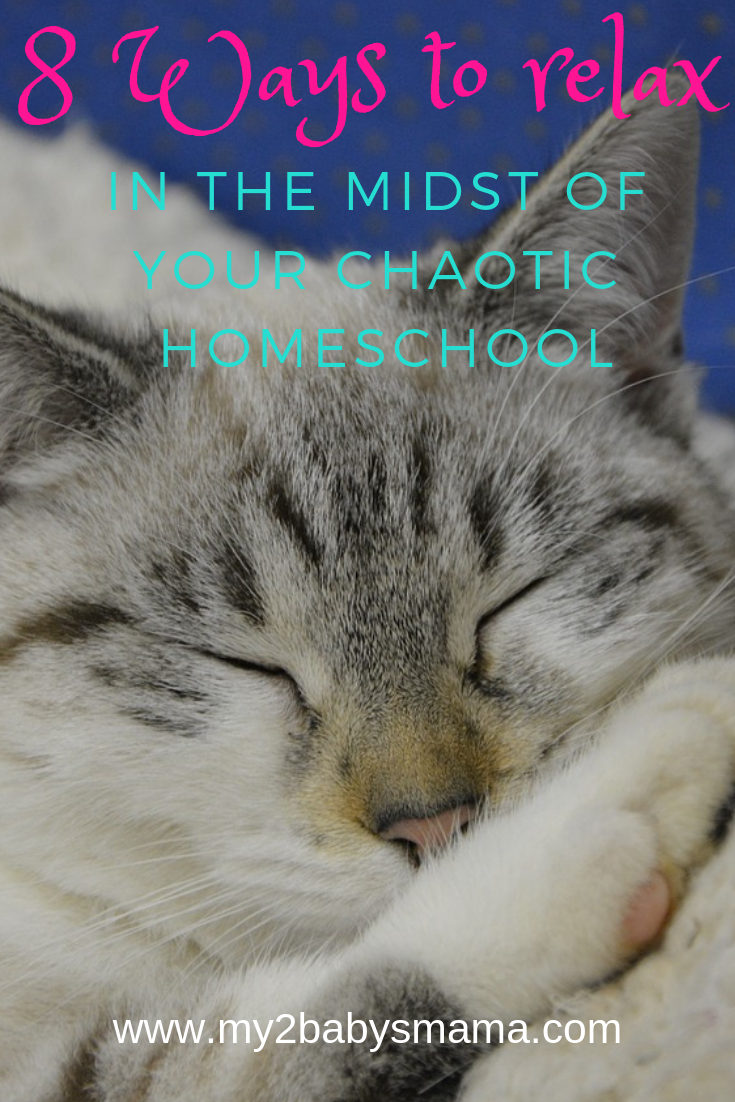
Hi Melanie! Popping in after your visit to my blog 😊 I love that you are figuring out what works for your family instead of trying to force something. It’s so fun to see what other homeschoolers are up to!